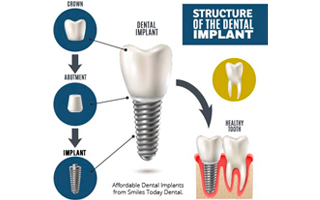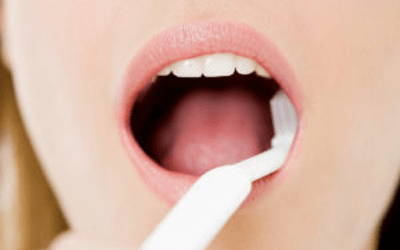Understanding Root Canal treatment
In dental parlance, root canal treatment is termed as endodontic treatment; where ‘endo’ means inside and ‘donto’ means tooth. Inside the tooth is a cavity that is filled with soft pulp and tooth nerves. Once the tooth has emerged from the gums and is fully grown, the nerves have no function as the tooth can sustain vitality from the surrounding tissues.
When is Root Canal treatment necessary?
Sometimes, the pulp gets infected and becomes inflamed. You may experience pain and find it difficult to chew food. Infection in the pulp can be caused due to tooth decay which is primarily due to bacterial buildup. Constant dental procedures on the same tooth (like replacement of excessively large fillings) can erode the enamel and expose the tooth to infections. Injury to the tooth due to a fall or even a tooth fracture can also cause an infection. Further, gum diseases can also be a factor.
What is meant by inflammation of the tooth?
When the pulp gets infected it will start to swell. Pressure builds up inside the tooth and you’ll experience severe pain as the pressure has no outlet. If left untreated, the pulp will die (pulp is a living tissue) inside the tooth and the pain will subside. This is the lull before the storm as the dead tissue increases the infection and infects the surrounding tissue, leading to acute pain. This condition is called an abscessed tooth. The word abscess refers to the pus that is formed at the end of the root.
What is the procedure during a Root Canal treatment?
Local anesthesia is injected to numb the tissues that surround the infected tooth. The injection is merely a pin prick and in a few minutes
the area will become numb. Only then will the endodontist start the procedure. The infected tooth is isolated by means of a dental dam. This is done so that other teeth are not contaminated by bacteria. A small hole is drilled at the back of the infected tooth to gain access to the pulp area which is then removed. The cavity is cleaned with antibacterial solutions. Root canal fillings (rubber compounds called gutta-percha) are then put into the cleaned canal area and then sealed with adhesive sealer. The access hole is then sealed and the dam removed. A course of antibiotics is prescribed to control any residual infection.
Will there be any pain post Root Canal treatment?
The discomfort will be mild and if required, anti-inflammatory drugs such as ibuprofen or aspirin can be taken. In a couple of days, the pain would have disappeared. It is important that a permanent seal is placed at the top of the tooth and a proper filling or crown will do the job. This is done so that re-contamination with bacteria is avoided and the tooth is spared further infection.
Can any dental practice offer root canal treatment?
Root Canal treatment is very precise. Endodontists are trained to use ultrasonic procedure to seal the side as well as the main branches of the root canal system. The spaces are very small and a dental practice with the proper instrumentation and radiographic imaging (preferably digital) will ensure safe and healthy treatment.
Latest News & Updates

How Much Do Dental Implants Cost?
The average cost of dental implants is between $3,000 to $5,000. It includes the post, abutment, and crown placement. Bone grafting, tooth extraction, CT scan, and X-ray are paid separately. Additionally, the cost depends on the following factors: Experience — The...
What Is The Best Type of Dental Implant For Me?
Depending upon how many teeth need to be replaced, the location of the missing teeth, and the patient's jawbone density, your dental implant options might include the following:Are You Replacing A Single Tooth? Recommended: Single Dental Implant A dental implant is...
How to Deal with Bad Breath
Nearly everyone has had a case of halitosis (bad breath) at least once or twice in their lifetime. It can be one of the most embarrassing moments of your life when you are young, and unpleasant but not nearly as embarrassing when you are older. As people get older,...
Get In Touch
(702) 655-6777
Our Hours
Monday – Thursday: 9am – 5pm
Friday: 9am – 5pm
Saturday: 8am – 3pm
Sunday: Closed


